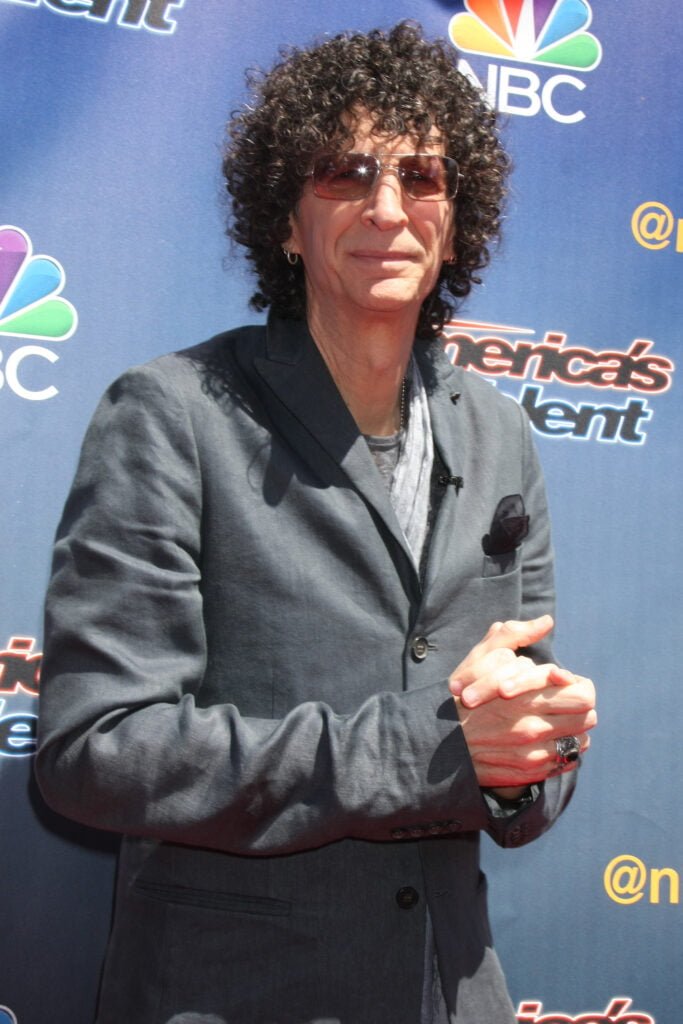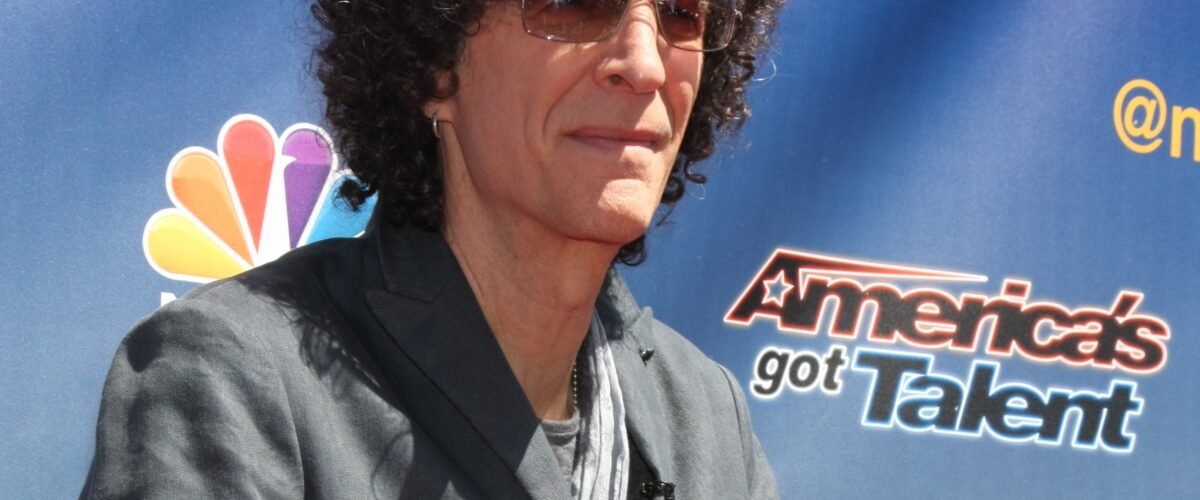Howard Stern, a household name in American broadcasting, has never been a stranger to controversy.
Stern, known for his outspoken and often irreverent style, has been public about his fear and concern about COVID-19.
A recent turn of events saw Stern contracting the disease he long feared and sparked nationwide debates about his rhetoric over the past few years. Stern’s stance on COVID-19, has been understandable given his fears of the virus, and the role of influential voices in shaping public opinion during the pandemic.
Listen from a guy who’s had COVID-19 6x, yes I said 6, it’s never once been pleasant. It fucking sucks.
From the onset of the global pandemic, Stern has been vociferously expressing his views and concerns about the disease. He had a distinct fear of the virus, one that was magnified due to his age, predisposition towards health anxiety, and overall paranoia.
Known for his neurotic tendencies, COVID-19 exacerbated Stern’s fears to the extent that his profound fear became a point of contention in his personal life, even leading to quarrels with his wife.
The severity of his fear was largely based on his assumption of vulnerability, which has been a widespread sentiment, especially among the older demographic. Stern has openly shared his assumption, stating that he would likely get a severe case if he were to contract the virus because of his age (70).
This notion of vulnerability rooted in age speaks volumes to the discriminatory impact COVID-19 has had on populations, striking an already disadvantaged group with greater volatility.

While Stern’s fear and concern for the virus capture a collective sentiment, his stance on the COVID-19 vaccine proved controversial. Aligning with his unabashed persona, Stern adopts a rigidly stigmatizing position, referring to those who choose to forego vaccination as “imbeciles” and “nut jobs”. Stern’s narrative mirrors the bifurcation of society into those who have received the vaccine and those who have not, highlighting the dire consequences of COVID-19 misinformation.
Stern’s rigid stance on vaccination extends beyond mere name-calling, as he suggestively mooted the idea of healthcare professionals refusing to treat unvaccinated individuals.
While such a measure might seem extreme, Stern’s point throws into relief the predicament that healthcare professionals often find themselves in, dealing with patients who willingly ignored vaccine advice, thereby contributing to hospital overcrowding and strain on resources.
These perspectives beg the question of whether influential voices like Stern effectively contribute to the dialogue or simply stoke the flames of discord. Stern’s advocacy for mandatory vaccination and his propensity to castigate those who opt out undoubtedly hold a certain appeal for some.
Simultaneously, this assertive approach might alienate those who find themselves questioning vaccination due to fear, misinformation, or a lack of resources.When news surfaced that Stern had contracted the virus, it was met with a variety of responses ranging from empathy to schadenfreude. Stern’s confession, “We were supposed to be back last week. We weren’t because I got COVID-19,” served as a haunting reminder of the indiscriminate nature of the virus.
Despite the precautions Stern took and his public concerns voiced for years, the virus ultimately did not discriminate against him.
Stern’s journey through the pandemic, marked by his voiced fears, polarization towards the vaccine, and eventual contraction of the virus, serves as a potent demonstration of the complexities of the pandemic era.
His outspoken views have navigated the discourse surrounding the virus and vaccine, underlining the role of influential personalities in helping shape the dynamics of public health dialogue. Whether these outcomes are ultimately productive or destructive towards efforts to contain the virus provides fertile ground for ongoing debate. This discussion encapsulates the essence of public health communication, the impact of influential figures, and the multifaceted viewpoints concerning COVID-19.
